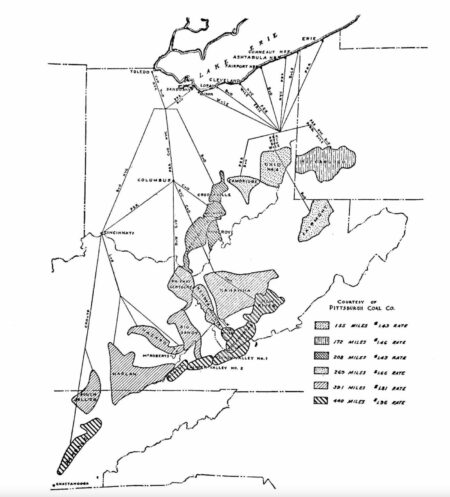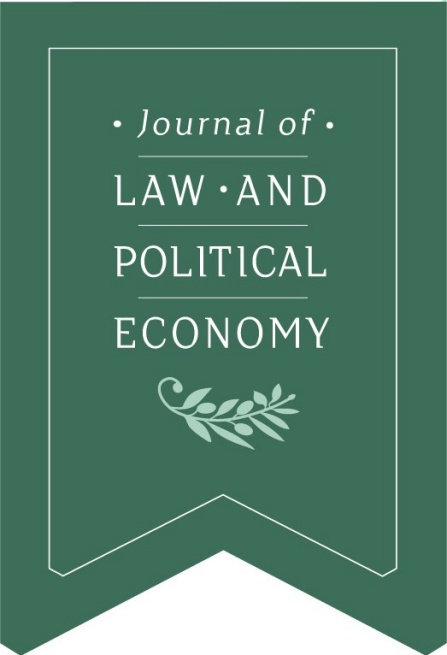
When the Moral Economy Became a Political Economy
History shows that the standards by which societies judge economic activity change over time. As these moral frameworks evolve—or devolve—many of the changes make their way into law. For example, modern anti-trust law is grounded in the widely accepted belief that monopolies depress competition and growth and encourage unscrupulous behavior. However, in the sixteenth and…







